Search
Search Results
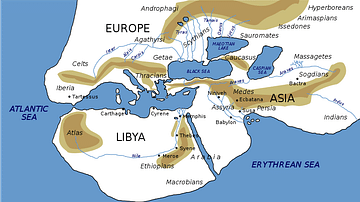
Article
Ancient Geography of India
The first text in Greek devoted entirely to India was written by Ctesias in the fourth century BCE. Only fragments of it survive. Yet he was probably the most widely quoted author on India, although Aristotle treated him with contempt. However...
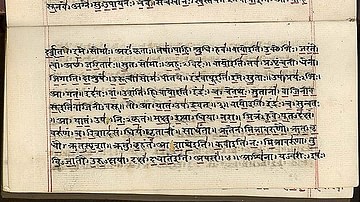
Definition
The Vedas
The Vedas are the religious texts which inform the religion of Hinduism (also known as Sanatan Dharma meaning “Eternal Order” or “Eternal Path”). The term veda means “knowledge” in that they are thought to contain the fundamental knowledge...
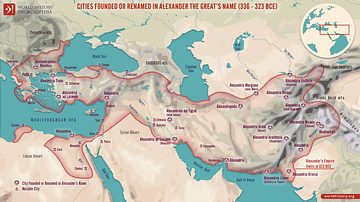
Article
Cultural Links between India & the Greco-Roman World
Cyrus the Great (558-530 BCE) built the first universal empire, stretching from Greece to the Indus River. This was the famous Achaemenid Empire of Persia. An inscription at Naqsh-i-Rustam, the tomb of his able successor Darius I (521-486...

Definition
Gandhara Civilization
The Gandhara Civilization existed in what is now Northern Pakistan and Afghanistan from the middle of the 1st millennium BCE to the beginning of the 2nd millennium CE. Although multiple major powers ruled over this area during that time...
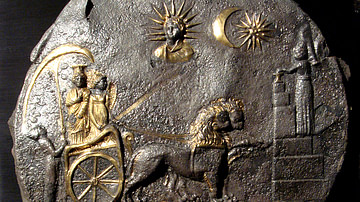
Definition
Ancient Afghanistan
The ancient history of Afghanistan, a landlocked country in Central Asia, is full of fascinating cultures, from early nomadic tribes to the realms of Achaemenid Persia, the Seleucids, the Mauryans, the Parthians, and Sasanians, as well as...
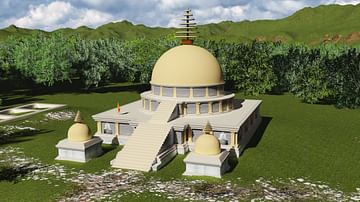
Definition
Taxila
When it comes to ancient history, Pakistan contains its fair share of treasures, one of the prominent of these being the ancient metropolis of Taxila. It is a city of the Gandharan civilization, sometimes known as one of its capitals, whose...
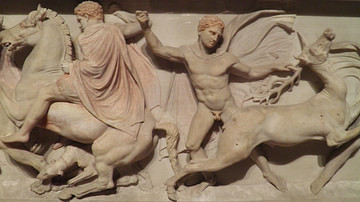
Definition
Hephaestion
Hephaestion was a member of Alexander the Great's personal bodyguard and the Macedonian king's closest and lifelong friend and advisor. So much so, Hephaestion's death would bring the young king to tears. From 334 to 323 BCE Alexander the...
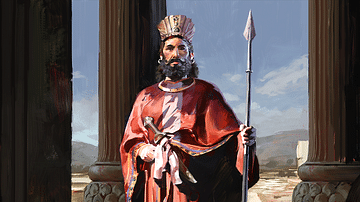
Article
Cyrus the Great's Conquests
The estimated expanse of the Achaemenid Empire at its height c. 500 BCE was two million square miles. Most of this territory was conquered by Cyrus the Great, the founder of the Empire, who reigned from 559 to 530 BCE, the fourth king in...

Image
India in the Vedic Age, 1500 BCE-500 BCE
A map illustrating the evolution of the cultures on the northern Indian subcontinent with the arrival of the Aryan nomads during the late Bronze Age and early Iron Age known as the Vedic age (c. 1500 – c. 500 BCE), when the Vedic literature...
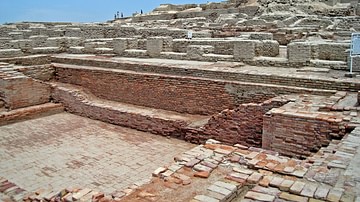
Image
Excavation Site at Mohenjo-daro
Ruins of Mohenjo-daro in present-day Sindh, Pakistan, one of the largest settlements of the ancient Indus Valley Civilization. Mohenjo-daro is one of the world's earliest major urban settlements, contemporaneous with the civilizations...